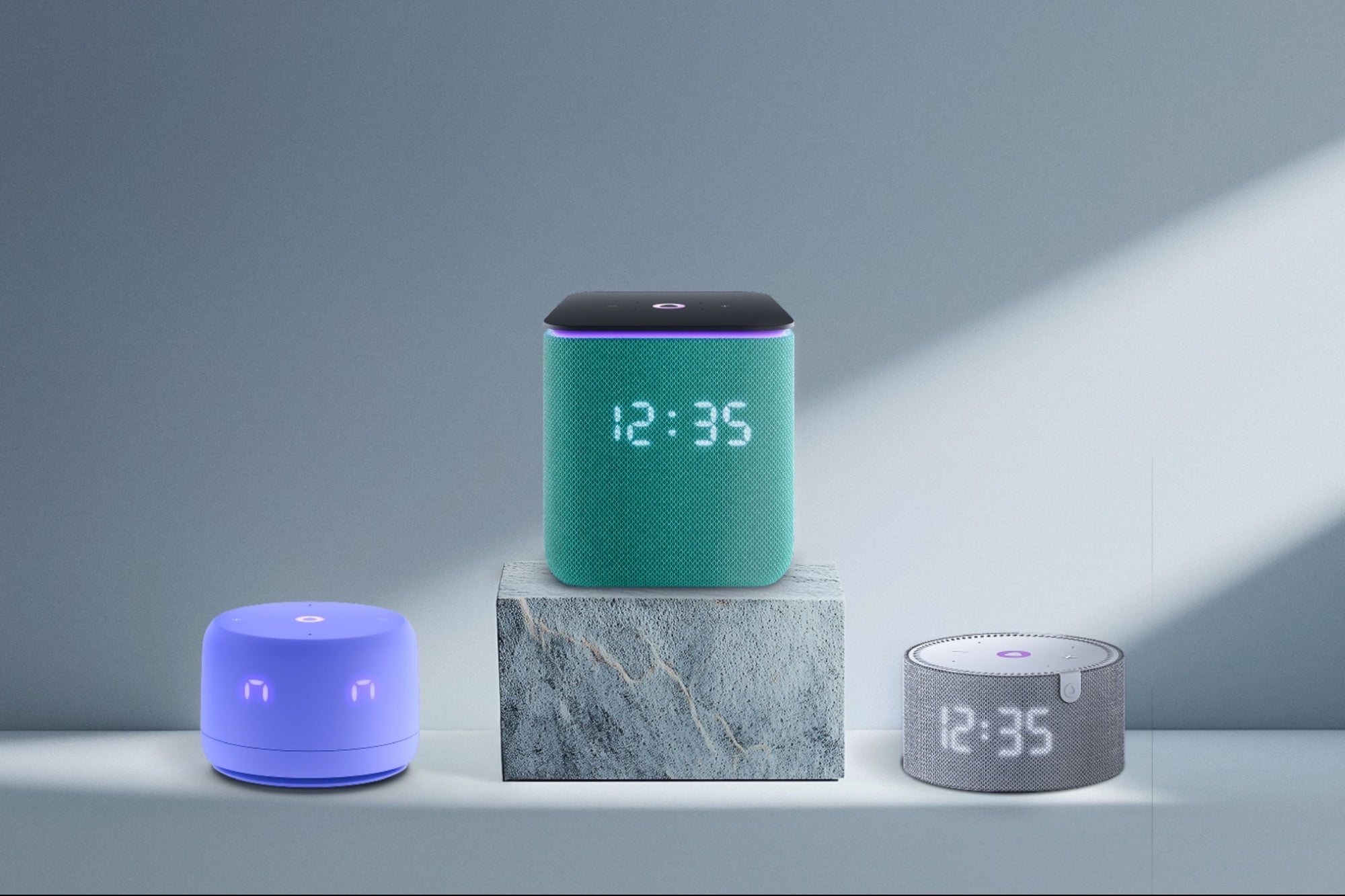Engaging E-commerce: Media Planner MEC On Customer-Centric Digital Transformation Launched by London-based Mudit Jaju, Head of E-commerce and Digital and Data Partner at MEC Commerce, the UAE-based practice has grown to 15 dedicated specialists across the EMEA region.
By Tamara Pupic
You're reading BIZ Experiences Middle East, an international franchise of BIZ Experiences Media.

E-commerce is the most immediate and tangible manifestation of digital transformation today, and it is with this view that MEC, a global advertising media planning agency, established a specialist e-commerce consulting unit, MEC Commerce, in 2015. Launched by London-based Mudit Jaju, Head of E-commerce and Digital and Data Partner at MEC Commerce, the UAE-based practice has grown to 15 dedicated specialists across the EMEA region, in large part as a response to clients' needs. In sum, their focus is on helping businesses to develop a holistic, 360-degree view of e-commerce and not to be tied down to one modality or route to market, enabling them to advise across consumer businesses, e-retail, and marketplaces.

During a short visit to the Dubai-based team of three led by Julio Cesar Rodriguez, Head of E-commerce MENA, MEC Commerce, Jaju explains that e-commerce helps businesses to connect with their consumers in a completely novel and a very personal way. "The fundamental of business is that you have a product to sell, and what was happening in traditional retail was that there were three different stakeholders –manufacturers, retailers, and consumers– doing three different things," he says. "It wasn't really very joined up. The ones who lost most were consumers because manufacturers made some assumptions what retailers wanted, retailers made some assumptions what consumers wanted, and there was a friction around with consumers losing out. E-commerce makes everything data-rich. What e-commerce is doing now is allowing us to make much more informed decisions. It gives you a holistic perspective of what is happening with your prospects and your customers. Another thing is that e-commerce is becoming extremely experiential. The way that e-commerce used to work was that people took their products and stocked them on the internet. Essentially, it was not too dissimilar to traditional retail. But then what companies have started doing is building real experiences around it. One good example is L'Oreal in the US, with a quiz on their website to help their consumers identify their skin condition which personalized their search for suitable products."
In making that interaction much more personal and engaging, e-commerce has massively lowered the barriers to entry for startups and SMEs, who often find it very expensive to hire a sales force. Raj Jerath, Director of E-commerce, MEC Commerce, adds that the last decade has seen companies investing in different channels separately, but now the sector has matured to start focusing on developing omnichannel experiences. "It is about determining what their customers want," Jerath says. "From our experience, we know that customers don't engage from one channel, but via different channels."

However, the key to choosing the right channel, or a combination thereof, is in deciding on an adequate data strategy behind it, explains Jaju. "Brands don't have joint data overview," he says. "They would have one analytics package on their app, one on their website, one that manages their CRM data. So, that data breaks so much that you can't meaningfully use it. The magic happens when we join all the data so that you have one integrated review. It does happen, sometimes, that companies take a divideand- conquer approach, which is appropriate in some cases, and then they use independently what might be the right solution, from an analytics perspective, for each individual product. The fundamental shift in online advertising is that previously we would make assumptions based on the media, for example, that a Vogue reader is interested in luxury brands, but that is not always true. That Vogue reader might be there because of some article about Sheryl Sandberg, meaning that that reader is maybe more interested in technology. So, what programmatic media does is that it allows us to follow our consumers no matter where they are on the web. Therefore, taking an audience- and data-led approach is far more important than what particular channel they focus on."
Related: Infographic: JadoPado's Middle East E-Commerce Seller Insights
Rodriguez explains that in the MENA region, businesses need to move faster when deploying e-commerce strategies, adding that some of the most common e-commerce-related mistakes he has noticed among local startups include their reliance on outdated technologies, a massive lack of content capable of educating their web visitors, and not embracing conversion rate optimization (CRO) systems. "Also, what they are doing wrong is that they do not understand their audience," Rodriguez says. "For example, if I am selling a $20,000 piece of jewelry, I want to target someone who lives in certain, more wealthy areas in Dubai, and not everybody in Dubai, which is what they often do. So, they burn money in a wrong way." Jaju adds that BIZ Experiencess often overcomplicate their approach to data. "There are free analytics packages which, if used with a little bit more thought, could give the most value. For example, a data management platform is a very expensive piece of technology that startups sometimes do not need. The data needs of a client in the insurance sector are far different from a company that sells moisturizers. So, more education is needed in the industry because startups are critical to a thriving digital economy."

In 2015, MEC initiated MEC Tonic to facilitate the connection between UK-based startups and brands, helping the latter use expertise of startups to compose sufficiently creative digital briefs that have the potential to lead to successful digital campaigns and add real value to their offerings. In the UAE, MEC Commerce focuses on helping businesses make more informed digital decisions by enhancing collaboration among all relevant stakeholders, rather than just delivering playbooks without a clear path on how those should be put into action. While unable to disclose more information, Rodriguez assures us that MEC Commerce will soon have their doors wide open for local startups to identify their potential and find ways to introduce them to their clients. Stay tuned.
EXECUTIVE SUMMARY
Seven tips to get your e-commerce basics right from the experts at MEC
1. Get your product title right
You would be surprised how many people misspell their own brand name because they ask an intern to set up a product page. Even Fortune 500 companies have their brand name spelled incorrectly on their product page.
2. Images
The way we navigate the web is visual, so it is not enough to take a picture with your phone and stick it on the platform and wait for the money to roll in. You really have to think about the way that different images work, such as whether you are showing the right features of your product.
3. Ratings and reviews
Consumers really want to understand what other consumers do, and ratings and reviews help to build that bridge of trust about the product more effectively. The secret of ratings and reviews is what it does for your SEO.
4. Rich content
Video can be really powerful in driving conversion and that is something that brands should start thinking about.
5. Visibility
You have to figure out how the consumer finds the product as they are going about their daily life. There is a lot that happens before the consumer makes the purchase and a lot that happens after it.
6. Track everything
Any activity that you have on your website has to be tracked. The visitor journey has to be mapped out and make sure that you can monitor all the conversions.
7. Test
There are many tools that you can use without modifying the backend technology that allow you to modify each specific element and create a call for action. Those small changes can have a massive impact on the behavior of consumers on your website.
Related: What You Need To Know About Building An E-Commerce Startup













